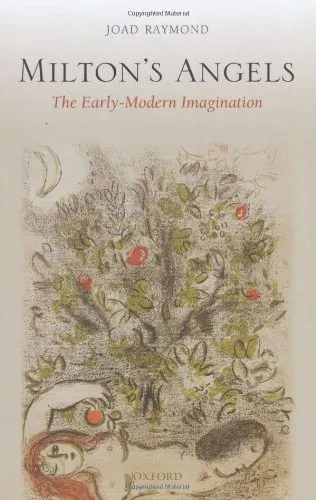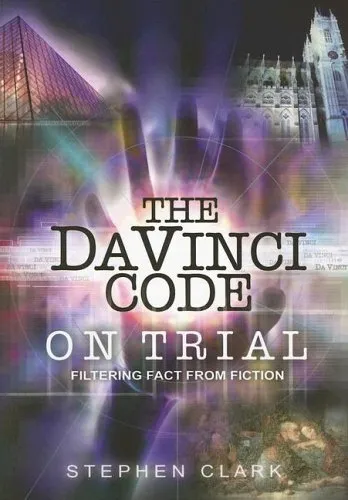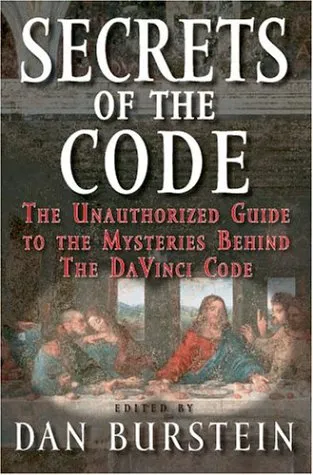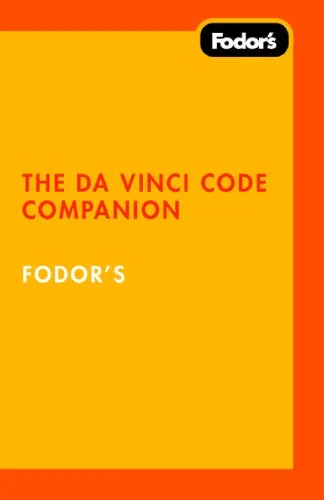Milton's Angels: The Early-Modern Imagination
4.0
Reviews from our users

You Can Ask your questions from this book's AI after Login
Each download or ask from book AI costs 2 points. To earn more free points, please visit the Points Guide Page and complete some valuable actions.Related Refrences:
Introduction to "Milton's Angels: The Early-Modern Imagination"
Welcome to an intriguing exploration of the celestial and imaginative landscapes of early-modern literature through the lens of angelic presence and symbolism. "Milton's Angels: The Early-Modern Imagination" provides a compelling analysis of how John Milton and his contemporaries envisioned angels in a time of religious turbulence, intellectual revolution, and artistic flourishing.
Detailed Summary
"Milton's Angels: The Early-Modern Imagination" delves into the rich tapestry of 17th-century thought, examining how Milton's depiction of angels in his epic poem "Paradise Lost" is deeply intertwined with the cultural and religious upheavals of the time. The book investigates the role of angels as mediators between the divine and human, highlighting their multifaceted nature as both messengers and warriors. It reveals how Milton's angels are not only ethereal beings but also embody the conflicts and aspirations of the early-modern world, reflecting concerns over authority, rebellion, and divine justice.
Through meticulous research, the book situates Milton within a broader literary and theological context, exploring how angelology influenced contemporary writers, theologians, and philosophers. It provides a comprehensive review of angelic lore, examining sources ranging from biblical texts to classical mythology, and positions Milton's work within this diverse heritage. The author, Joad Raymond, unpacks the symbolism and thematic depth of angels, offering readers a lens through which to understand not only Milton's genius but also the broader cultural consciousness of his time.
Key Takeaways
- A nuanced understanding of Milton’s portrayal of angels in "Paradise Lost" and their symbolic significance.
- Insights into the religious, philosophical, and cultural frameworks of the early-modern period.
- An exploration of the evolution of angelic imagery across different historical and literary contexts.
- An appreciation for the complex relationship between literature, theology, and the imagination in shaping early-modern thought.
Famous Quotes from the Book
“Milton’s angels serve as mirrors of human consciousness, reflecting the turbulence and aspirations of an emerging modernity.”
“The imagination of angels challenges and illuminates the boundaries between the divine and the mundane, asserting their presence in the fabric of early-modern discourse.”
Why This Book Matters
"Milton's Angels: The Early-Modern Imagination" is a pivotal work for scholars and enthusiasts of literature and history alike. It bridges the gap between literary analysis and historical context, offering a multidimensional view of Milton’s work that highlights its enduring impact on Western thought. As a vital contribution to Milton studies, the book encourages readers to engage deeply with the poetic imagination and its capacity to negotiate the complexities of human experience.
The book also stands as an essential resource for understanding how early-modern writers employed supernatural motifs to grapple with issues of authority, identity, and faith. By dissecting the layers of symbolism in angelic representations, Joad Raymond invites readers to reflect on the ongoing dialogues between literature and spirituality, underscoring the relevance of these themes in contemporary discussions.
Free Direct Download
You Can Download this book after Login
Accessing books through legal platforms and public libraries not only supports the rights of authors and publishers but also contributes to the sustainability of reading culture. Before downloading, please take a moment to consider these options.
Find this book on other platforms:
WorldCat helps you find books in libraries worldwide.
See ratings, reviews, and discussions on Goodreads.
Find and buy rare or used books on AbeBooks.
1342
بازدید4.0
امتیاز50
نظر98%
رضایتReviews:
4.0
Based on 0 users review
"کیفیت چاپ عالی بود، خیلی راضیام"
Questions & Answers
Ask questions about this book or help others by answering
No questions yet. Be the first to ask!







